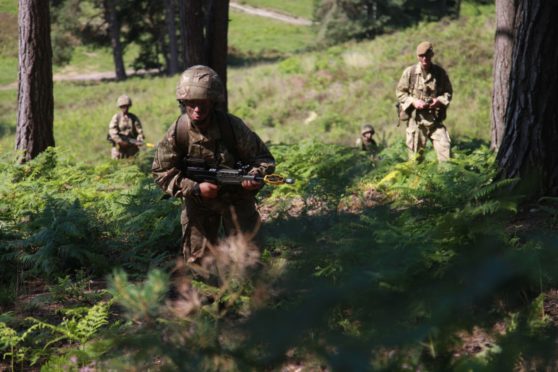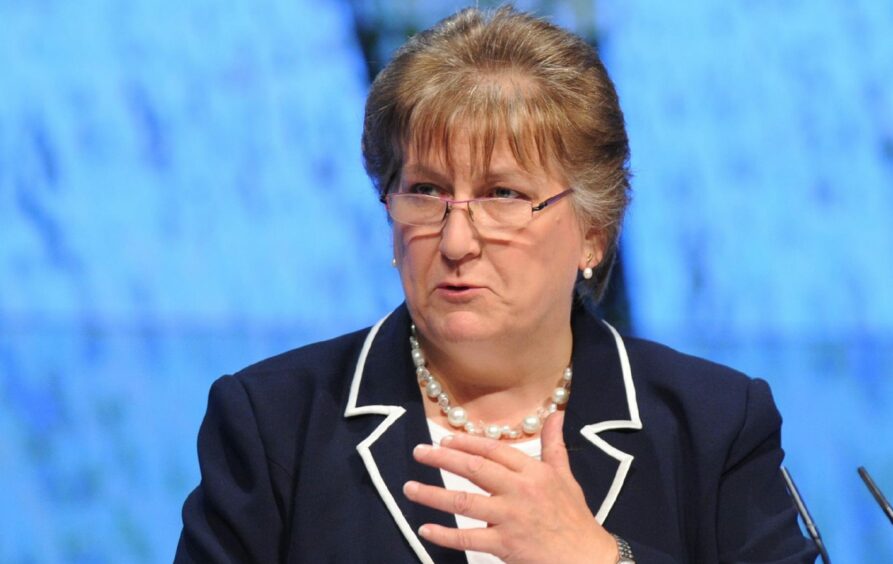
Two-thirds of women serving in the armed forces have endured bullying, harassment and discrimination, according to a damning report by MPs.
Westminster’s Defence Committee heard harrowing evidence of sexual assault and rape, sometimes inflicted by senior officers, with the majority of victims not reporting incidents because they had no faith in the complaints system, or feared it would damage their career.
About 4,200, almost 10% of women in the forces, contributed to the inquiry which saw the Ministry of Defence (MoD) for the first time lift restrictions that prevented service personnel from giving evidence to inquiries. The report found the MoD and Services were failing to protect female personnel.
The MoD admitted it may take decades – possibly centuries – to have women equally represented in senior ranks while the inquiry also found that servicewomen faced numerous practical challenges, some of which placed them in danger of life-threatening injuries. Almost 90% would still recommend the forces as a career but said they faced more challenges than men.
The committee said the MoD was not getting basics, like uniforms and equipment, right. The report includes stories of oversized helmets restricting vision and servicewomen deliberately dehydrating themselves due to limited systems for female urination.
Survey findings
In the committee’s survey, 64% of female veterans and 58% of serving women experienced bullying, harassment and discrimination (BHD).
The inquiry heard evidence of sexual harassment, sexual assault and rape experienced by servicewomen, with the majority of those surveyed saying the military does not do enough to address it. The report by the Sub-committee on Women in the Armed Forces found serious problems with the military’s handling of sexual assault and harassment, which sometimes exacerbated trauma for victims.
The committee said the MoD should remove cases of rape and sexual assault from military courts and instead hand them over to civilian courts. The chain of command should also be removed entirely from complaints of a sexual nature.
The committee also uncovered a lack of faith in the complaints system, with six in 10 women not reporting BHD. Of those who did complain, one-third rated the experience “extremely poor”.
Beverly Bergman, a former military GP and consultant public health physician who worked at the Army Medical Directorate and subsequently as military medical liaison officer to the Scottish Government, gave evidence. She said: “There are recognised gender differences in complaint behaviour. These include risk aversion, reduced assertiveness and a reluctance to confront people by women, together with concerns that they may not be believed.”
Complaints
The committee recommended the MoD create a specialised Defence Authority to handle BHD complaints and that the MoD better resource the Service Complaints Ombudsman and make their decisions binding. It urged the MoD to reverse the recent decision to reduce the appeals period from six weeks to two.
Sarah Atherton MP, chair of the sub-committee, said: “The complaints system is woefully inadequate. We also heard accusations of senior officers sweeping complaints under the rug to protect their own reputations and careers.
“While many commanding officers want to do the right thing, it is clear that, too often, female service personnel are being let down by the chain of command.
“It is difficult not to be moved by the stories of trauma, both emotional and physical, suffered by women at the hands of their colleagues. A woman raped in the military often then has to live and work with the accused perpetrator, with fears that speaking out would damage her career prospects.”
The only Scottish MP on the committee, Martin Docherty-Hughes, said: “The UK armed forces must do more to face up to the discrimination which prevents it from being an institution that is truly representative of the people who live across these islands.”
Baroness Goldie, Defence Minister in the House of Lords, said: “Many changes have been introduced to improve the experience for women in the armed forces. But the reality is that experience is not yet equal, and very occasionally can be really harmful. I profoundly regret that and we shall examine this report closely and use it to build on the improvements which we have made.”
From the report
Witness A
I was the victim of an extremely serious sexual assault. The response of the Service to that incident was career-ending for me.
It has taken me a very long time to begin to come to terms with what happened. It was both career ending and life changing.
Witness B
A sergeant got very drunk in the bar and tried to accost me. Eventually I left the bar and went to my accommodation. At approximately 3am there was a banging on my accommodation room door.
I opened the door and the sergeant demanded to know if I wanted sex with him. I declined. I shut the door, locked it and put a chair against it.
Witness C
Amongst the soldiers that I served with shoulder to shoulder, there was a sexual predator that came premeditated with the date rape drug and spiked my drink.
Waking up the next morning I could feel that I had lost a huge chunk of time, so I checked to see if I had been forced into sex. I had not but was very disturbed. That was the final straw for me.

Enjoy the convenience of having The Sunday Post delivered as a digital ePaper straight to your smartphone, tablet or computer.
Subscribe for only £5.49 a month and enjoy all the benefits of the printed paper as a digital replica.
Subscribe © PA Archive/Press Association Ima
© PA Archive/Press Association Ima